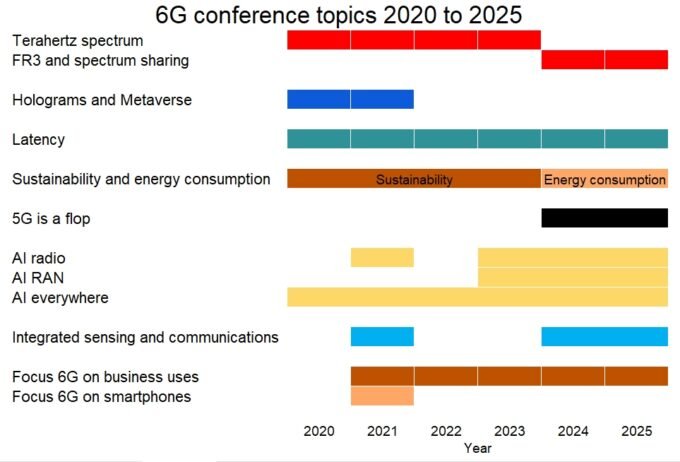There’s something about this story that keeps coming back—like a song you half-remember and can’t quite get out of your head. It’s messy, a little awkward, and maybe more political theater than policy. Still, the whispers about Kristi Noem and Corey Lewandowski have threaded their way into conversations in Washington and beyond, and the noise is starting to matter for careers and reputations. Let me try to untangle it, though I’ll probably trip over a few loose ends along the way.
Small-town roots, big headlines
Kristi Noem has been in the public eye for some time now—governor, conservative figure, frequent subject of commentary. She is married to Byron Noem, and their personal life has been described as…unconventional by some outlets. That detail alone fuels speculation, because people like patterns and explanation. Add a high-profile man who used to run a presidential campaign and you’ve got a tabloid magnet.
Corey Lewandowski is one of those figures who rarely sits quietly. He rose to prominence as a rough-and-ready campaign operative and later drifted into various advisory roles. Rumors linking him and Noem have bubbled up repeatedly. Some of those rumors include allegations about the nature of their relationship—gossip that, whether true or not, has consequences beyond idle conversation.
Also read: Faith Hill’s Daughters: Living Lavish Lives
How the rumor arguably became a professional problem
What’s interesting here is not just the personal rumor but the professional fallout. Lewandowski has had a role at the Department of Homeland Security (DHS), labeled a “special government employee.” The appointment reportedly traces back to Noem’s influence—whether directly or indirectly—and now certain people inside the Trump administration, according to mainstream outlets, are uneasy about him being in that slot.
It’s a predictable tension: officials worry when someone without formal authority behaves like they have it. Reports even say that people within the agency view Lewandowski as quick to scold or dismiss staff—despite not being a traditional career official. That perception has consequences. When insiders say an agency is “being mismanaged,” that’s not just commentary; it’s the kind of language that can set wheels in motion to change positions or cut ties. And yes, people in high places noticed. Allegedly, even former President Trump—who has publicly supported Noem—has been told about the issues and isn’t entirely pleased.
History repeats, or at least rhymes
This isn’t the first time these two names have been bracketed together. Back in 2021, Noem was already governor and Lewandowski was acting in an unofficial advisory capacity when more whispers surfaced—this time connected to alleged sexual misconduct and subsequent fallout. Noem’s team said he was always a volunteer and would not be advising in an official capacity anymore. That sounds definitive. But then, within days, Lewandowski was reportedly seen accompanying Noem at public events. So the “fired-but-not-really” narrative took hold: actions for public optics, then private decisions that didn’t quite match.
That pattern—announce a separation, then quietly keep the person close—feels familiar in political circles. Maybe it’s damage control. Maybe it’s convenience. Maybe both. It’s messy. It smells faintly of optics over substance, and people notice that sort of thing.
What might happen next—and why it matters
If the administration decides Lewandowski needs to go, the consequences could vary. For one, it would be a headline: “Advisor exits after controversy.” But beyond the headline, there’s the signal it sends about how internal influence is handled. Does being a close ally of a powerful figure protect you? Does it buy you leeway? Or does it expose you to more scrutiny, because people suspect favoritism? Those questions don’t have neat answers.
The man at the center of the story has his own plans—or at least ambitions have been reported. Lewandowski has reportedly expressed interest in running for governor of New Hampshire. That’s a curious twist, and I’ll admit it made me pause. Running for office after a stint in controversial advisory roles is bold. Maybe he thinks he can translate notoriety into a base of support. Maybe he thinks the noise won’t matter. Or maybe he’s just keeping options open. Whatever the truth, those ambitions complicate the calculus: if you’re eyeing an election, you need a different type of public image than if you’re content to be an unelected adviser.
What the back-and-forth reveals about politics
The whole saga highlights a larger point: political life doesn’t stay tidy. Public statements, private moves, rumor, and reality all blend together. Sometimes someone is officially dismissed and quietly kept close. Sometimes allegations cause a pause that turns into a permanent separation. People—and institutions—don’t always act in consistent ways. That inconsistency fuels more gossip, which in turn pressures actors to make moves for optics rather than strategy.
Also read: New Looks, Same Emma: How Her Face Has Quietly Shifted Over Time
Also worth noting: media coverage amplifies this. Outlets pick up lines from anonymous insiders, and those lines gain life. The result is a swirl of narratives. Some fit comfortably together; some contradict. You get the sense that truth is less like a single story and more like overlapping drafts, each one edited by a different hand.
A final thought, or two
So where does that leave us? If the rumors end up prompting a departure, it may be less about romance and more about perceptions of competence and influence. Or perhaps it will be a little of both. Either way, the episode is a reminder that careers in politics are fragile and often hinge on how people perceive influence and propriety. I’ve watched similar stories before: the public pronouncement matters, but so do the quiet, backstage decisions.
I don’t pretend to know what exactly happened behind closed doors. I do think the pattern of “public break, private keep” tells you something: reputation management is real, and sometimes it’s messy. People in power make choices—some for optics, some for strategy, some because of loyalty. The rest of us watch, speculate, and then, not long after, move on to the next headline.















Leave a comment